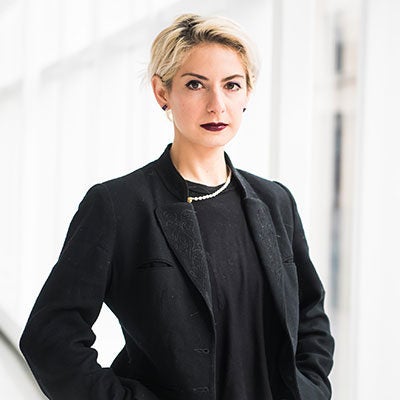Aneesh Aneesh
A. Aneesh is Professor of Sociology and former Director of the Global Studies Program and the Institute of World Affairs at the University of Wisconsin, Milwaukee. Previously, he taught in the Science and Technology Program at Stanford University. Aneesh is the author of Virtual Migration: The Programming of Globalization (Duke 2006) and Neutral Accent: How Language, Labor and Life Become Global (Duke 2015), and co-editor of Beyond Globalization: Making New Worlds in Media, Art, and Social Practices (Rutgers 2011) and The Long 1968: Revisions and New Perspectives (Indiana 2013). Aneesh’s research has been supported by the McArthur Foundation, Social Science Research Council, Population Council, School for Advanced Research in Santa Fe, and Jawaharlal Nehru University in New Delhi. He has served on the editorial boards of many sociology journals, and has written for newspapers such as the San Francisco Chronicle, Milwaukee Journal Sentinel, and The Times of India. In the early 2000s he formulated the theory of algorithmic governance or algocracy, distinguishing it from bureaucratic, market, and surveillance-based governance systems. At the Berggruen Institute, Aneesh will be working on an alternative framework for citizenship in a stateless world society.
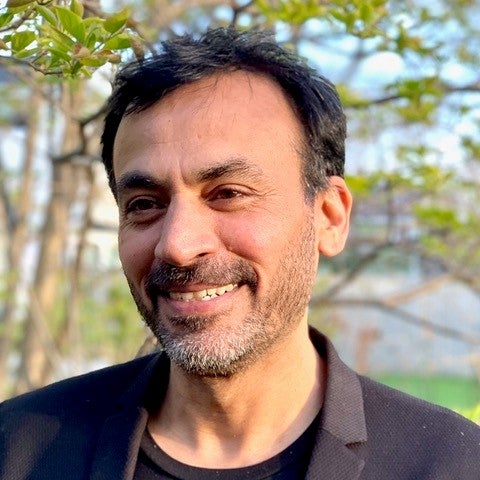
Shu-Nong Bai
Shu-Nong Bai is a Professor of Plant Biology of School of Life Science, Peking University. He has worked on plant developmental biology since 1983. Following his empirical investigation on various plant developmental events, he has developed an alternative perspective to revive the classic view to treat a plant as a colony of individuals, rather as an individual. In his newly proposed theory, “plant morphogenesis 123”, he has integrated some concepts he proposed previously including “plant developmental unit”, “sexual reproduction cycle”, and “plant developmental program”. To understand the underlying driving force of plant development, he was fascinated by the question “what is life”. Eventually, he realized that the question should be instead addressed as “what is live”. In collaboration with two mathematicians, he is able to define the “live” or “living” as a “structure for energy cycle”. At Berggruen, Bai will be working on interpreting human behavior following the “Logic of Life”, deduced from the “structure for energy” law.

Xiao Liu
Xiao Liu’s research cut across areas of information studies, media and communication studies, science and technology studies, technology governance and policy, postsocialist and China studies, as well as science fiction and cultural studies. Her book, Information Fantasies: Precarious Mediation in Postsocialist China (University of Minnesota Press 2019), is the winner of the Science Fiction Research Association 2019 Book Award, and has been featured by New Books Network on Systems and Cybernetics, International Journal of Communication, The China Journal and other venues. In 2019-2020, she worked as a fellow at the Centre for the Fourth Industrial Revolution of the World Economic Forum along with multistakeholders to make governance frameworks for emergent technologies, which led to the publication of the White Paper “The Internet of Bodies is Here: Tackling New Challenges of Technology Governance.” She is currently a Wilson China Fellow with a project that studies the governance space of personal data in China. At Berggruen, she will join other fellows and colleagues to study how the transformations of the human under evolving technical conditions demand a rethinking of existing approaches to technology governance.
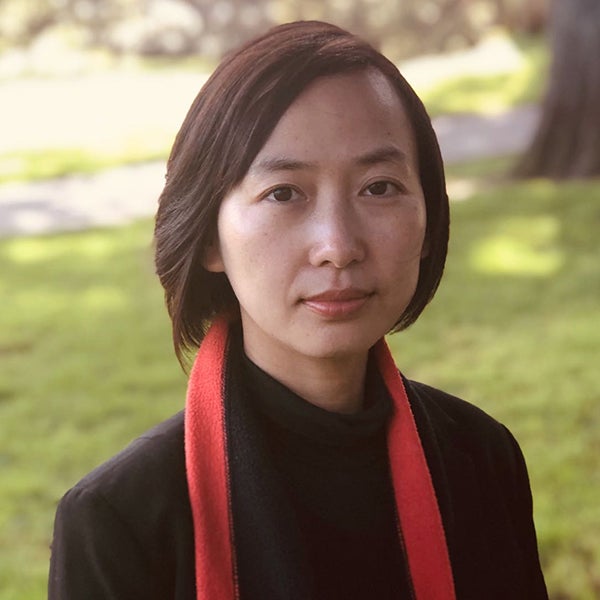
Robert Neuwirth
Robert Neuwirth is the author of two books of immersive reportage on the street life of the developing world – Stealth of Nations and Shadow Cities. He is now at work on a third book, a study of what he calls “bottom-down economics,” how certain communities, though powerless and economically ignored or excluded, function as platforms that collectively raise the welfare of their members. Neuwirth’s work has garnered support from the John D. and Catherine T. MacArthur Foundation and the Fund for Investigative Journalism. His books have been translated into many languages and his writings have appeared in newspapers and magazines around the world. In addition, his three TED talks have been watched and shared by millions. Before turning to writing full-time, Neuwirth spent a decade working as a community organizer and taught at Rikers Island, New York City’s jail. At Berggruen, Neuwirth is going to work on a book-length voyage in what he calls “bottom-down economics,” chronicling how certain communities, though powerless and economically ignored or excluded, function as platforms that collectively raise the prospects of their members.
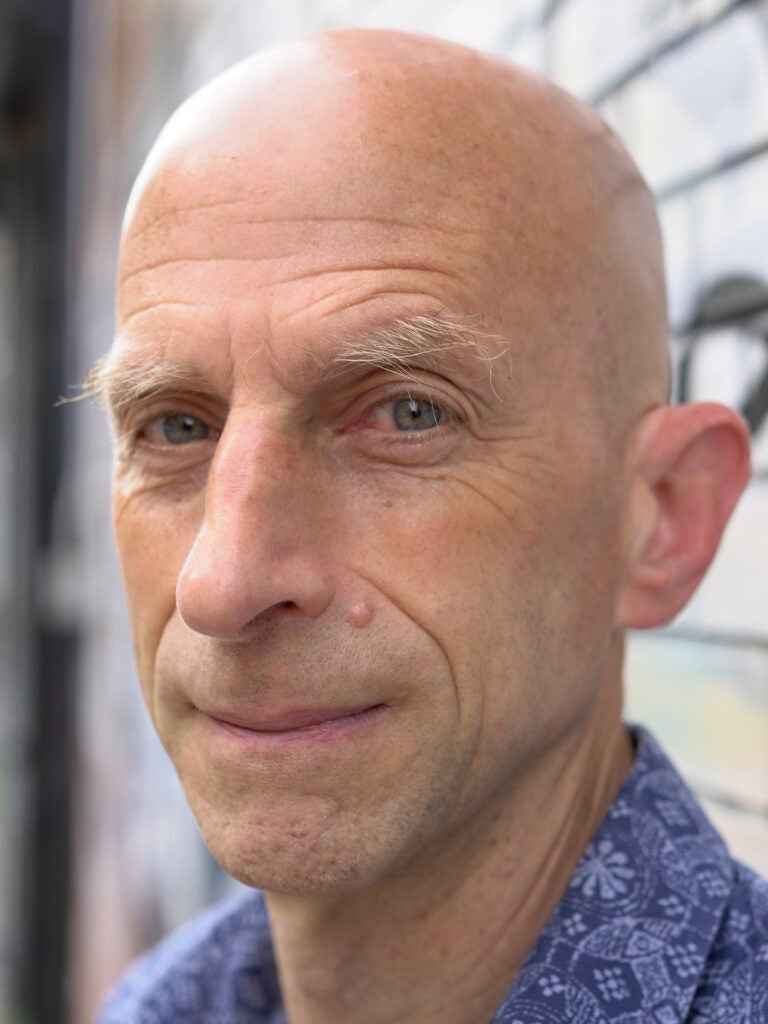
Trebor Scholz
Trebor Scholz is a scholar-activist at The New School in New York City. His book Uber-Worked and Underpaid. How Workers Are Disrupting the Digital Economy (Polity, 2016) introduces the concept of “platform cooperativism” as a way of joining the co-op model with the digital economy. He has edited and co-edited volumes including Ours to Hack and to Own: Platform Cooperativism. A New Vision for the Future of Work and a Fairer Internet (listed by Wired Magazine as one of the Top Tech Books of 2017), and Digital Labor: The Internet as Playground and Factory (Routledge, 2013). His articles and ideas have appeared in The Financial Times, Le Monde, The New York Times, The Nation, and The Washington Post. He is the Founding Director of the Platform Cooperativism Consortium (PCC) and the Institute for the Cooperative Digital Economy (ICDE) at The New School, which are key hubs for the research and coordination of the cooperative digital economy. Scholz keynotes conferences and presents on the cooperative digital economy to audiences around the world. Dr. Scholz is a guest professor at Mondragon University, fellow at Open Society Foundations, and the Berkman Klein Center at Harvard University. At the Berggruen Institute, he will work on an activist guide to the future of the gig economy tentatively titled Own This! The book tracks and analyzes the global platform cooperativism movement through the lens of numerous case studies and worker interviews — focusing on what happens when you take the cooperative business model to the digital economy. Structured as a globetrotting tour—from the U.S., around the world, and back—meeting workers, activists, and scholars from all walks of life, encountering again and again not only the dehumanizing effects of the extractive economy, but also the dignity and unity, the vision and the principles, required to withstand and ultimately transform it.
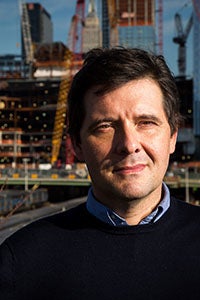
Lana Schwartz
Lana Schwartz is an Assistant Professor of Media Studies at the University of Virginia. Her new book, New Money: How Payment Became Social Media (Yale, 2020) looks at cash and cryptocurrency, Visa and Venmo to offer a new way to think about money: as a medium of communication that is shaped by technology and technological change—and by the cultures and politics that, in turn, shape technology. Currently, she is collecting qualitative data on the role of social media, fin tech, and traditional financial institutions in the experience of small businesses during COVID-19. At Berggruen, she plans to work on a new project that seeks to understand—and trouble—the cultural meaning of financial scams in the digital age. Scams, she argues, are capitalism out of place: what we call a scam is used to perform boundary work that delegitimates certain forms of economic activity (and exploitation) and legitimates others. The Internet has proven to be fertile ground for both the cultivation of a world in which scams make sense and the diffusion of scams themselves. This book is envisioned as both a shadow history of the digital economy, and a history of the shadow digital economy.
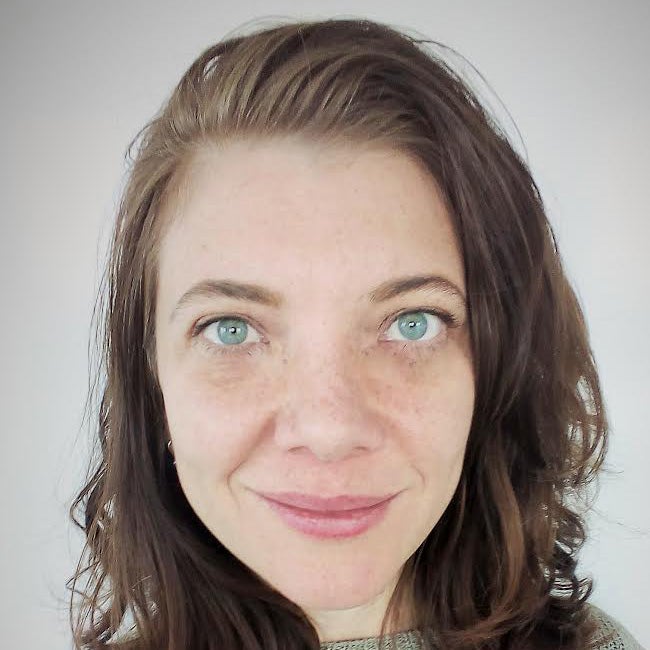
Anjan Sundaram
Anjan Sundaram is an award-winning author, journalist and TV presenter. Anjan is the host of the critically-acclaimed TV series, “Coded World”, about how Artificial Intelligence is changing humanity. He also presented “Deciphering India”, about the rise of nationalism in India. He appeared on The Daily Show with Jon Stewart for his book about Congo, “Stringer”. His TED talk is titled “Why I risked my life to expose a government massacre”. He is also the author of “Bad News”, an Amazon Best Book of 2016 and finalist for PEN/America’s nonfiction prize. His writing has appeared in The New York Times and The Guardian. He has received Reuters Environment and Frontline Club prizes for his reporting and has served as an artist-in-residence at the Rockefeller Foundation’s Bellagio Center. He is also a TED Fellow and a Skoll World Fellow. Anjan graduated from Yale University with a Master of Science in mathematics and holds a Ph.D. in postcolonial journalism. At the Berggruen Institute, Anjan will be developing a literature concerned with transforming humans’ relationship with each other, technology and nature.
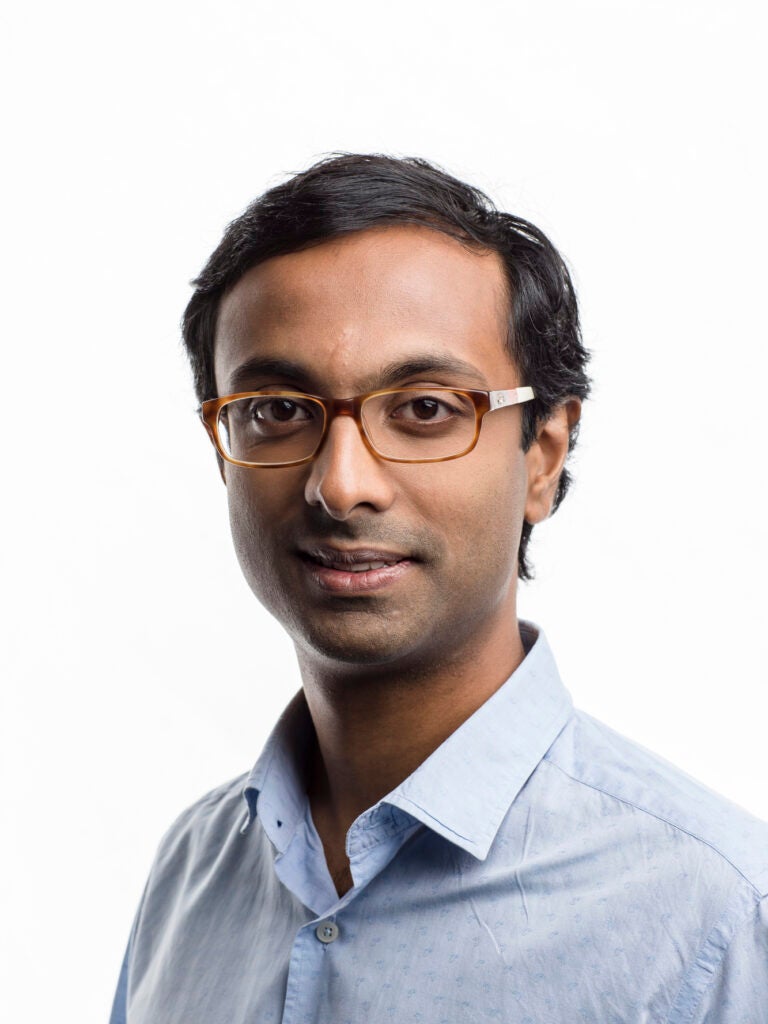
Claire Webb
Claire Isabel Webb is a Ph.D. candidate at the Massachusetts Institute of Technology’s History, Anthropology, and Science, Technology, and Society (HASTS) program. An internship at the Search for Extraterrestrial Intelligence (SETI) Institute in 2008 sparked the topic of Webb’s dissertation: Technologies of Perception: Searches for Life Beyond Earth. She historically and ethnographically tracks how scientists have made knowledge around unknown objects since the late 1950s in the U.S.: imagined extraterrestrial microbes and beings. Embedded with the Breakthrough Listen Lab at U.C. Berkeley since 2016, Webb’s unparalleled access to the SETI community offers a deep analysis of how scientists’ practices of radio astronomy inform their imaginations of the alien. She uses feminist theory, post-humanist thought, philosophy and history of science, and STS scholarship to parse scientific conceptions of intelligence, liveliness, and the Other. Claire was the 2019-2020 NASA/History of Science Society Fellow at the Kluge Center at the Library of Congress. Claire is most proud of centering feminist approaches in academia, and theorizing race, gender, and ability as concepts inextricable from scientific practice. She is also proud to have followed threads of scientific inquiry, participating in adventures that have led her to LIGO, CERN, and a NASA mission in Tahiti. At Berggruen, Webb plans to launch a second major project, Biotechnical Beings, Posthuman Others. Under the Institute’s Transformations of the Human project, this postdoctoral research asks: How is the development of AI technology in tension with researchers’ purported desires to model, enfold, and predict biological processes? How do computational processes equip AI systems with ethical and moral parameters? Webb’s interdisciplinary approach will investigate human-machine interactions through the lens of feminist theory to reconsider bodily sensation and ability around technology.
